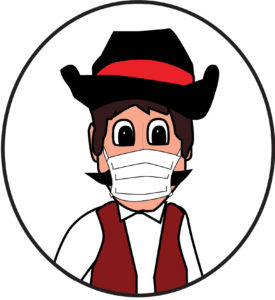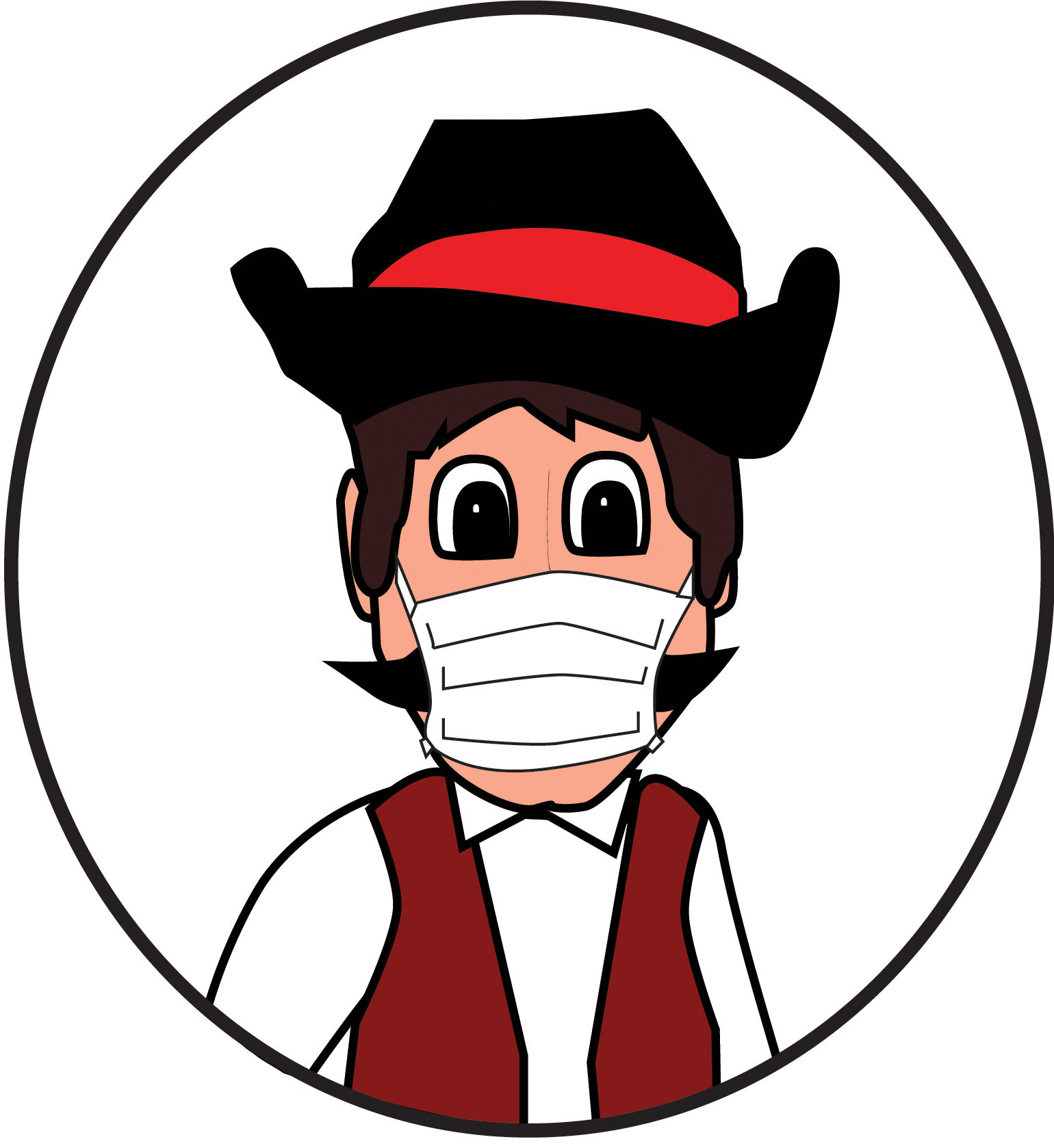
By Emma Sporleder, Student Reporter
Social distancing and self-quarantine have become the new normal amid coronavirus and as people lose face-to-face contact with co-workers, friends and family. People may begin to feel anxious, depressed and lonely. Anxiety and fear caused by disease is overwhelming and eventually develops strong emotions in adults and children.
The outbreak of COVID-19 has been nothing short of stressful, from sorting through the hand sanitizer, toilet paper and what is left of the groceries to distancing yourself from just about everywhere, it’s easy to say isolation is tough. Different factors tie into how someone reacts to stressful situations and everyone reacts differently. Stress factors are dependent on his or her background, the things differentiate you from someone else and the community you live in.
Just know that you aren’t alone.
Here are people who may respond more strongly about the stress of this crisis.
- People respond to COVID-19 cases, doctors and other health care providers.
- First responders
- Essential business workers
- People with mental health conditions
- People with a chronic disease that have a higher risk for COVID-19
- Elderly people
- Children and teens
According to the Anxiety and Depression Association of America (ADAA), capsized travel plans, indefinite isolation, panic over scarce resources and information overload could be a recipe for unchecked anxiety and feelings of isolation.
Here are a few tips to keep the scary isolation thoughts out of your head.
- Instead of “I am stuck inside.” Try, “I can finally focus on my home and myself.”
- Self-care
- At home workouts, if the public gym isn’t your thing, that’s no longer an issue
- Stick to your normal routine
- Stay informed
- Don’t obsess over the latest coronavirus coverage
- Get some sunlight
- Try a new quarantine ritual or routine.
- Read a book
- Watch a movie
- Use telehealth as an option to talk to a professional if your anxiety becomes unmanageable
Let’s try and get the picture of isolation out of our heads and find peace in the fact we are doing our part to stop the spread of this virus. Saving yourself and others will certainly help to build mental strength to fight the lonely situation everyone is facing. Coping with stress will make you, the people you care about, and your community stronger.

